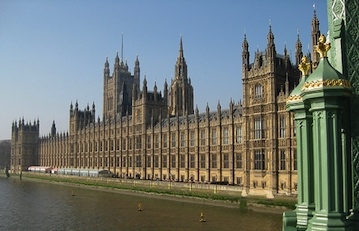The quality of financial education in the UK is to be examined in a new investigation at The House of Lords.
A committee will probe if there are appropriate education and advisory services, including in schools, for young people and adults and how might they be improved.
Officials will examine if enough is being done to ensure that children, young people and adults understand their finances and know where to seek help if they need it.
The causes of financial exclusion and poor understanding of money related matters are also to be explored in a wide ranging assessment.
The investigation will look at whether the Government has a role to play in ensuring that the development of financial technologies and data capture helps to address financial exclusion.
The House of Lords Committee on Financial Exclusion has published its call for evidence and is asking interested parties to submit evidence by 14 September.
The committee has been set-up to consider financial exclusion, which results in people having difficulty accessing or using the mainstream financial services that are necessary to participate in daily economic life and society.
Baroness Tyler of Enfield, who chairs the committee, said: "Financial exclusion affects a large number of people in the UK, with estimates that 1.5 million people do not have access to a bank account and up to 40% of the population stating they did not feel in control of their finances. These are worrying numbers and this is an issue successive government have found difficult to tackle.
"Our inquiry will attempt to find a way forward. We will look at the role banks and others in the financial services industry can play in helping those who are currently excluded and we will examine the role of charities, Government and regulators. We will also look at the quality of financial education in the UK. Are we doing enough to ensure that children, young people and adults understand their finances and know where to seek help if they need it?
"For our inquiry to be effective we need to hear as many views and experiences as possible. Written evidence will play an important role in informing our work and I would encourage anyone with knowledge, or an interest in this area, to return a submission by 14 September."

